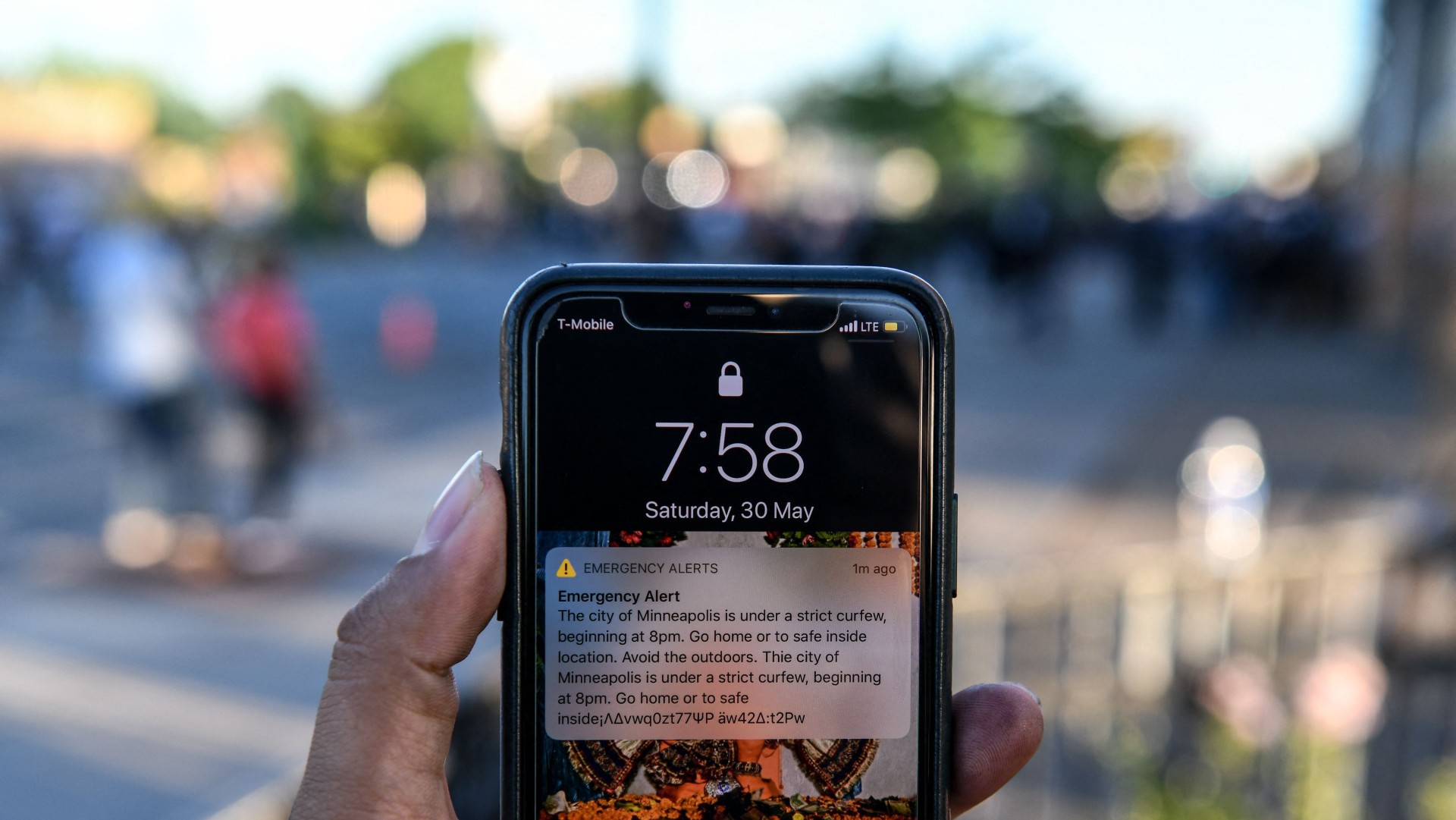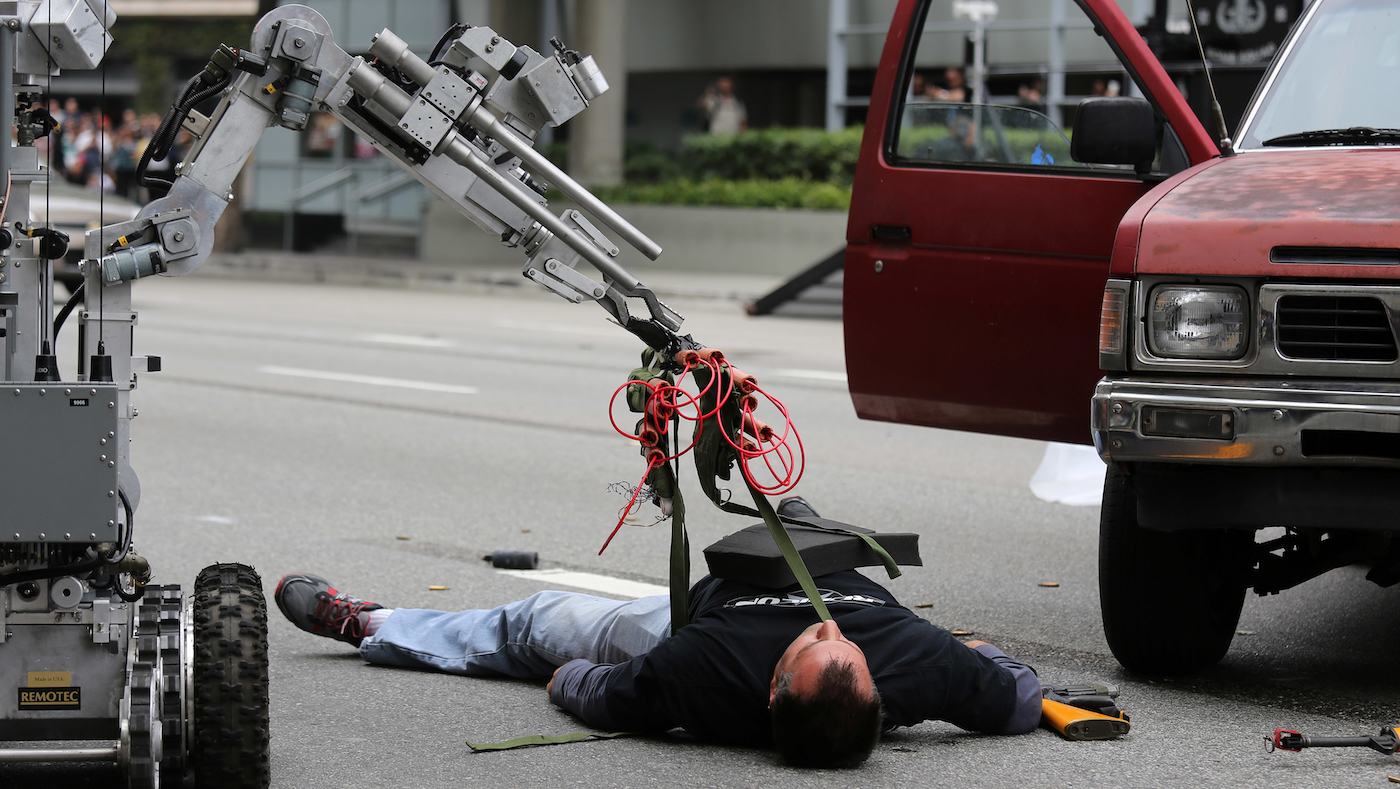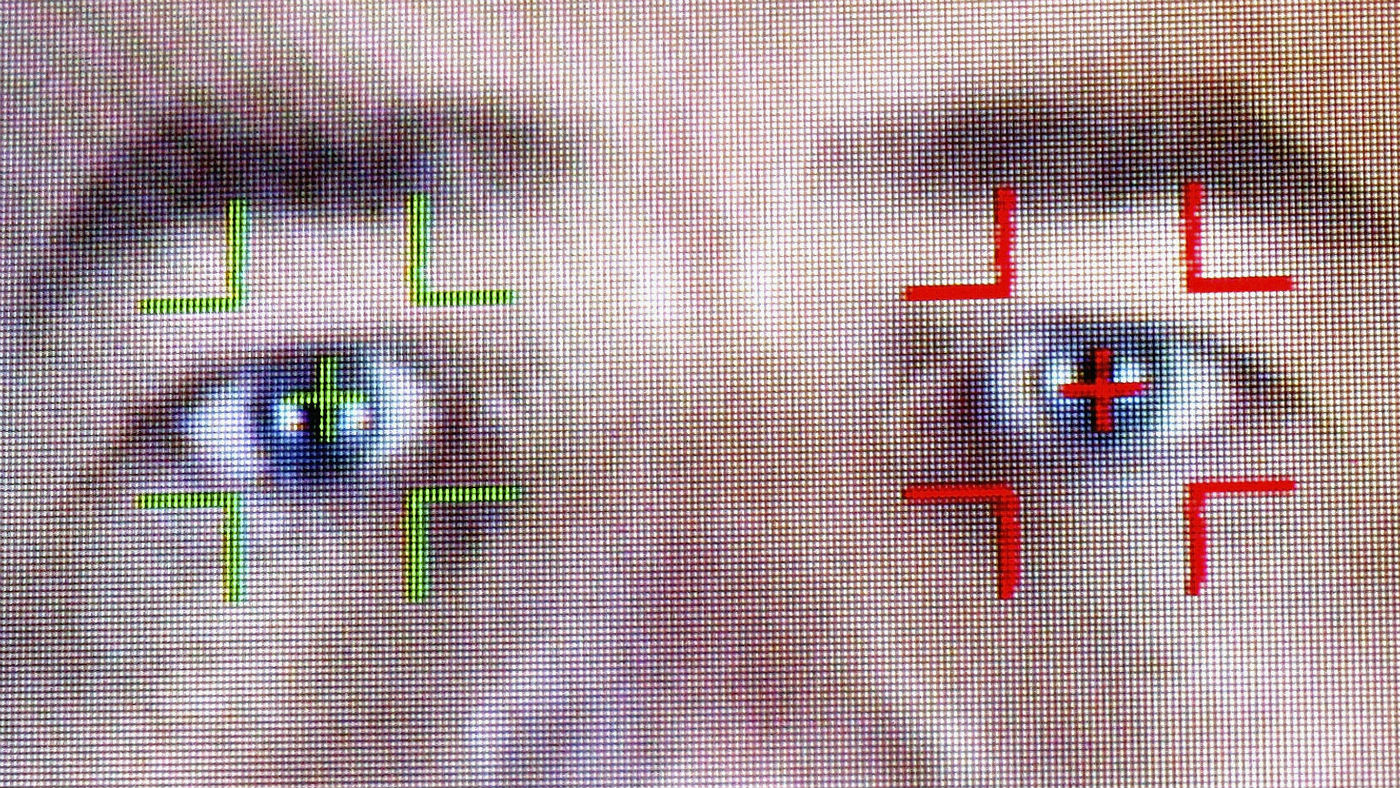The UK’s new mobile emergency alert system: what is it and how does it work?
Government will test new scheme this month with warning sound and vibration on nation’s phones

A free daily email with the biggest news stories of the day – and the best features from TheWeek.com
You are now subscribed
Your newsletter sign-up was successful
The UK will test its new mobile phone “emergency alerts” system this month, despite concerns that it could endanger those at risk of domestic abuse by revealing hidden phones.
At 3pm on Sunday 23 April, all 4G and 5G phones in the UK will beep and vibrate with a message, even if they are switched to silent. People can tap “OK” or swipe away the notification to dismiss the alert, said the government, but the noise will stop automatically after 10 seconds. If you have your phone switched off, you will not receive the message.
It was originally planned for the early evening, according to the BBC, but was brought forward to avoid alarming large numbers of people at the FA Cup semi-final, which kicks off at 4.30pm.
The Week
Escape your echo chamber. Get the facts behind the news, plus analysis from multiple perspectives.

Sign up for The Week's Free Newsletters
From our morning news briefing to a weekly Good News Newsletter, get the best of The Week delivered directly to your inbox.
From our morning news briefing to a weekly Good News Newsletter, get the best of The Week delivered directly to your inbox.
The government has been working on the scheme for three years, and staged pilots in East Suffolk and Reading.
Why is it happening?
“Thirty years after Britain decommissioned its national air raid siren network, the government is setting up a new system to warn citizens”, said the Financial Times (FT). “The shriek of sirens has become the defining sound of emergencies,” it said, especially during the Second World War when their sound was “a constant in many parts of the UK”, warning of German bombing raids.
The government has said it would use the alert scheme “in a defined area when there is an imminent risk to life”, including extreme weather events like last year’s wildfires and flooding. Oliver Dowden, the Cabinet Office minister in charge of the system, said it could be “the sound that saves your life”.
"You are not going to be spammed by the government with constant incoming messages,” he told the BBC. “The bar for this is exceptionally high.”
A free daily email with the biggest news stories of the day – and the best features from TheWeek.com
“We must use every tool at our disposal to keep people safe,” said Mark Hardingham, the chair of the National Fire Chiefs Council. The test “may be inconvenient for some”, but “please forgive us for the intrusion, because the next time you hear it, your life… could depend on it”.
It is unlikely to be used during an active terror attack, according to Sky News, as the attackers “would then receive a notification as well”, but the broadcaster added that decisions would be taken as and when needed.
Does it happen in other countries?
The system is modelled on similar schemes in the US, Canada and Japan, said the FT, while in the Netherlands it is also used to warn about terrorist attacks. They “have been credited with saving lives during severe weather events”, said the FT.
All 4G and 5G Android and Apple phones are filled with emergency alert capability worldwide.
Does the alert put people at risk?
Domestic violence campaigners fear the test could reveal hidden phones of vulnerable people and abuse victims, potentially putting them at risk.
The National Centre for Domestic Violence (NCDV) warned people with hidden phones to turn off the alerts. NCDV’s Sharon Bryan described hidden second phones as “an emergency lifeline for victims and survivors living under the constant threat of abuse”. “This siren test may unexpectedly reveal their presence to abusers – with disastrous consequences,” Bryan said.
Emma Pickering, from domestic abuse charity Refuge, said it was a “very real risk to survivors of domestic abuse”. “These devices can be a lifeline for women who need to access support or flee their abuser,” she told the BBC.
The government said it had been working with charities and organisations who focus on vulnerable women and girls “to ensure they are not adversely affected”, according to Sky News, and had taken their concerns on board.
People who want to keep their phones concealed can opt out of the system in their device settings, or turn the phone off before the test.
Harriet Marsden is a senior staff writer and podcast panellist for The Week, covering world news and writing the weekly Global Digest newsletter. Before joining the site in 2023, she was a freelance journalist for seven years, working for The Guardian, The Times and The Independent among others, and regularly appearing on radio shows. In 2021, she was awarded the “journalist-at-large” fellowship by the Local Trust charity, and spent a year travelling independently to some of England’s most deprived areas to write about community activism. She has a master’s in international journalism from City University, and has also worked in Bolivia, Colombia and Spain.
-
 Local elections 2026: where are they and who is expected to win?
Local elections 2026: where are they and who is expected to win?The Explainer Labour is braced for heavy losses and U-turn on postponing some council elections hasn’t helped the party’s prospects
-
 6 of the world’s most accessible destinations
6 of the world’s most accessible destinationsThe Week Recommends Experience all of Berlin, Singapore and Sydney
-
 How the FCC’s ‘equal time’ rule works
How the FCC’s ‘equal time’ rule worksIn the Spotlight The law is at the heart of the Colbert-CBS conflict
-
 Why the UK phone signal is so poor
Why the UK phone signal is so poorUnder The Radar Having trouble connecting? A lack of investment, planning rules and even your home could be to blame
-
 Neurotechnology: how does new mind-reading technology work?
Neurotechnology: how does new mind-reading technology work?feature Developments in AI are turning thoughts into words but privacy fears are growing
-
 Pros and cons of the emergency alert
Pros and cons of the emergency alertPros and Cons Already used successfully in US, Greece and Japan, mobile notifications could help save lives, but pose risk to domestic abuse victims and drivers
-
 Are killer robots now legal in San Francisco?
Are killer robots now legal in San Francisco?feature Officials vote to allow police to use remote-controlled devices with lethal capability in ‘extraordinary circumstances’
-
 What is the quantum apocalypse?
What is the quantum apocalypse?feature Security experts warn of Q-Day when quantum computers become a reality and render most methods of internet encryption useless
-
 New Zealand blocks Huawei 5G network equipment
New Zealand blocks Huawei 5G network equipmentSpeed Read Officials say a ‘significant security risk’ was identified in the Chinese company’s technology
-
 Millions overcharged for mobile contracts: are you affected and can you claim compensation?
Millions overcharged for mobile contracts: are you affected and can you claim compensation?In Depth Citizens Advice says customers have paid almost £500m for phones they already own
-
 How facial software can identify liars
How facial software can identify liarsSpeed Read Facial-recognition software could warn immigration officers if someone is lying